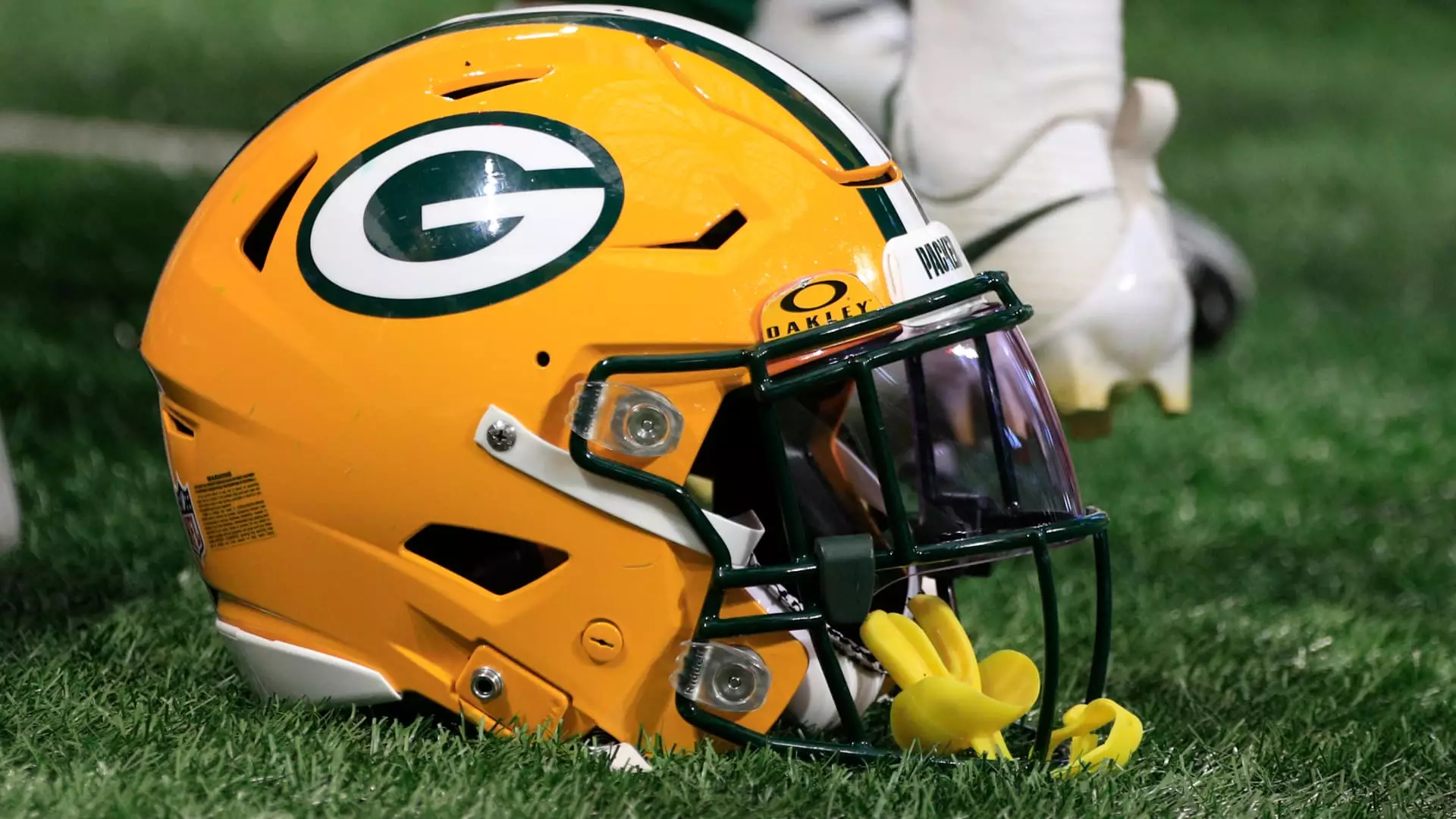The Green Bay Packers are an anomaly in the world of professional sports ownership, as they are the only National Football League team with an ownership structure that resembles a publicly traded company. With a valuation of $6.3 billion, the Packers stand as the 12th most valuable NFL franchise, according to CNBC’s Official 2024 NFL Team Valuations. What sets them apart is the fact that they are completely owned by stockholders, many of whom are dedicated Packers fans. This unique ownership model was established over 100 years ago and has remained unchanged ever since.
The Packers have had a total of six stock offerings, starting as far back as 1923 and most recently in 2021. These offerings have resulted in more than 5.2 million outstanding shares owned by over 538,000 individuals, as stated in the team’s 2024 media guide. It is important to note that these shares pay no dividends, are nontransferable outside of passing them on to a child or relative, and hold no intrinsic market value. Shareholders do have the privilege of attending the team’s annual meeting and voting for a board of directors, but they do not receive any financial benefits from ownership. The only way for a shareholder to make money is by selling their stake back to the team, and even then, it is for a fraction of the original share price.
Despite being a nonprofit organization, the Packers generate significant revenue, with a reported $638 million in revenue for the year 2023. Their earnings before interest, taxes, depreciation, and amortization were $128 million for the same period. The revenue generated by the team is used to pay players, maintain their iconic Lambeau Field stadium, and cover various marketing expenses. The proceeds from the stock offerings have historically been used to help the team out of financial difficulties and fund major renovations of Lambeau Field.
The unique ownership structure of the Packers sets them apart from other NFL franchises and makes them less appealing to private equity investors. With a strict ownership cap of 200,000 shares per person, which is less than 4% of the team’s outstanding shares, the team limits external investment. While rules now allow approved private equity firms to own up to 10% of a franchise, it is unlikely that the Packers would pursue such an arrangement. The infrequency of stock offerings also presents a significant barrier for fans interested in owning a piece of the team, as timing, rather than money, becomes the primary obstacle.
The Green Bay Packers’ ownership structure is just one of the many ways in which they stand out within the NFL. As the smallest television market among the 32 NFL teams, Green Bay does not benefit from the same level of tourism as cities like Las Vegas, Miami, New York, or Los Angeles. Additionally, the team’s long-term stability at the quarterback position, transitioning from Brett Favre to Aaron Rodgers to Jordan Love, has drawn both admiration and criticism from fans and organizations alike.
The Green Bay Packers’ unique ownership model is a testament to their rich history and unwavering dedication to their fans. Despite facing challenges and limitations, the team continues to thrive with the unwavering support of their shareholders and the Green Bay community.


Leave a Reply